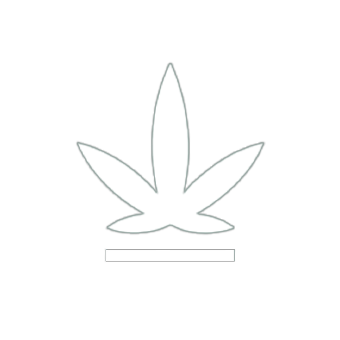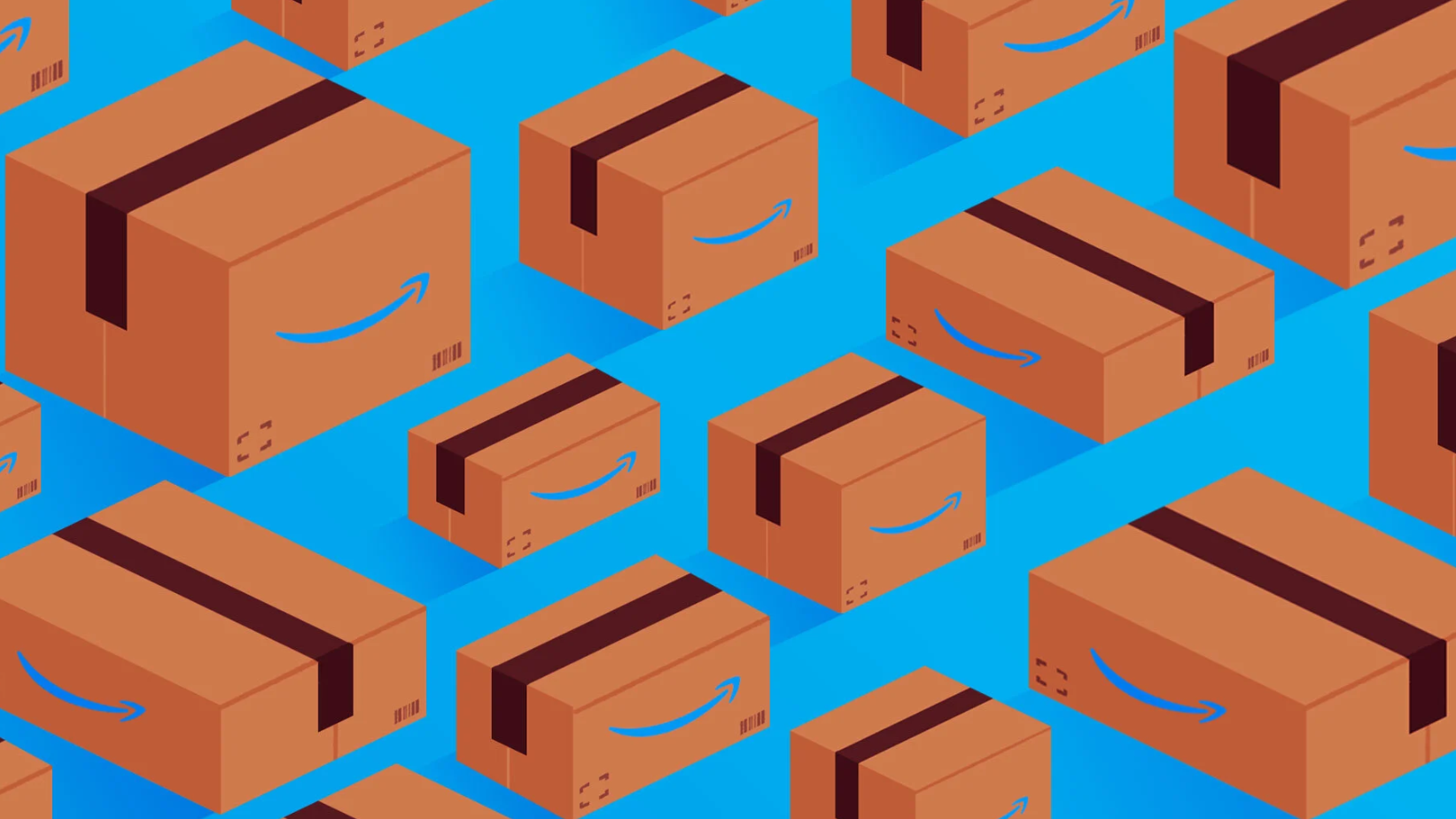Enter CBD Oracle, the Sherlock Holmes of cannabis consumer research. They recently set their sights on the treasure trove of hemp products on Amazon.com, and let’s just say, they found more than a few surprises lurking in the shadows.
Despite Amazon’s stern “no CBD allowed” policy, CBD Oracle uncovered a whole stash of products flying under the radar. It’s like a game of hide-and-seek, except the seekers are Amazon’s rule enforcers, and the hiders are giggling behind a cloud of vape smoke.
Jan Brandup, the CEO of Neurogan, isn’t pulling any punches. He’s calling out Amazon’s “hemp products” for what they really are – a crafty marketing ploy designed to lure unsuspecting customers into a labyrinth of confusion. It’s like trying to find your way out of a maze made entirely of hemp rope.
“It’s alarming how easily consumers are deceived into trusting these products, just because they are sold on a reputable platform like Amazon,” Brandup said. “The best case is they may drain your wallet.”
And let’s not forget Mike Sill, the CEO of Sunday Scaries, who’s shaking his head at the circus of credibility on Amazon. It’s like trying to find a needle in a haystack – if the haystack was made entirely of snake oil.
“When you search for ‘CBD gummies’ on the platform, no reputable brands populate in your search results,” Sill said. “The reason for this is that credible brands like Sunday Scaries, Charlotte’s Web and cbdMD are not allowed to sell on Amazon without being banned.”
“Their business model doesn’t include a focus on building a reputable brand and providing the highest quality and safest products to consumers; they are just looking for a quick sale and will do whatever is necessary to stay ‘live’ on Amazon,” Sill said.
But wait, there’s more! CBD Oracle went full-on Nancy Drew, buying up 56 of the most popular hemp products on Amazon and sending them off for some serious lab testing. The results? Well, let’s just say it’s like opening a can of worms – except the worms are made of gummy bears and disappointment.
The report also confirmed that a whopping 96% of tested products did not advertise an accurate dosage.
Turns out, nearly a third of the products contained CBD, while a handful were packing THC – the stuff that gets you higher than a kite at a music festival. It’s like finding a golden ticket in a sea of chocolate bars.
And as for those dosage claims? Let’s just say they were about as accurate as a weather forecast in a snow globe. It’s like trying to measure out a teaspoon of sugar with a sledgehammer – messy, confusing, and likely to leave you with a headache. 52% of the products appeared to make an unapproved medical claim, and almost 95% of products did not provide Certificates of Analysis (COA), typically considered an essential for reputable companies selling hemp products.
So, what’s the solution to this cannabis comedy of errors? CBD Oracle has a few ideas, but it all boils down to Amazon getting its act together – or risk becoming the Wild West of weed, complete with snake oil salesmen and confused customers.
In the end, it’s a cautionary tale for the ages – a reminder that in the world of cannabis and CBD, not everything is as it seems. So, grab your magnifying glass and your sense of humor, folks – because this mystery is far from solved.
Credit for photo: Bob Al-Greene




